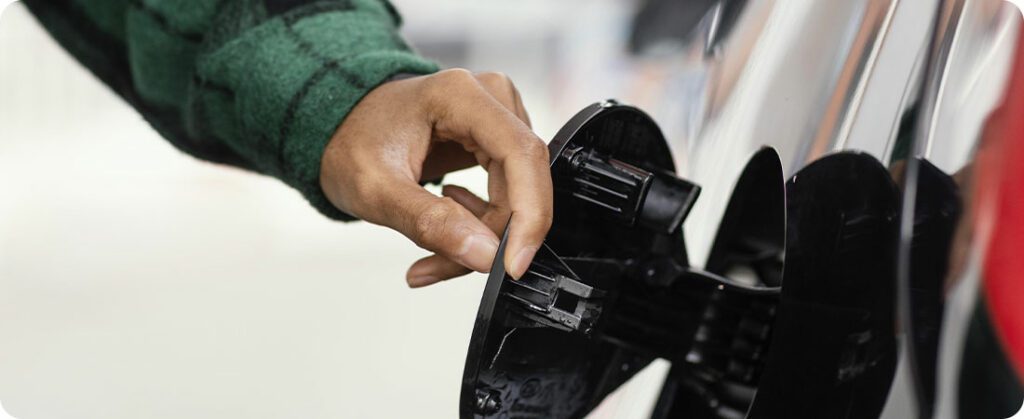
Indonesia plans to implement biodiesel with a mandatory blend of 40% of biodiesel-based fuel Palm oil from Jan. 1 next year, a senior Energy Ministry official said on Thursday, pushing vegetable oil prices to a more than two-week high.
Indonesia uses B35 in diesel and plans to increase the blend to 40% next year, with no start date set. “There are no issues in terms of supply volume and other aspects. So we are ready for mandatory (implementation),” senior energy ministry official Eniya Listiani Dewi told Reuters. Malaysian palm oil futures rose 1.92% on Thursday to 3,826 ringgit, their biggest daily gain since July 2.
“Today’s rally was largely driven by Indonesia’s B40 announcement. The market knew it was coming, but it was the announcement that sent prices higher today,” said a Singapore-based vegetable oils analyst.
Impact of the B40 mandate in Indonesia
When implemented, the B40 mandate could therefore increase biodiesel consumption to up to 16 million kiloliters (KL) next year, compared with a forecast of 13 million KL this year, according to Energy Ministry estimates.
In addition, B40 will increase Indonesia’s use of palm oil for biodiesel to 13.9 million metric tons, up from 11 million tons estimated for this year under B35, according to a previous estimate by Indonesia’s biofuel producers association APROBI.
Domestic palm oil consumption has grown by 7.6% on average since 2019, driven in part by policies including biodiesel mandates and mandatory domestic cooking oil sales, while production has increased by less than 1% annually, according to GAPKI data.
GAPKI warned that a higher palm oil blend could hurt Indonesian exports due to stagnant production. The government has yet to issue regulations mandating B40.
Source: Bernadette Christina Munthe | Notícias Agrícolas










